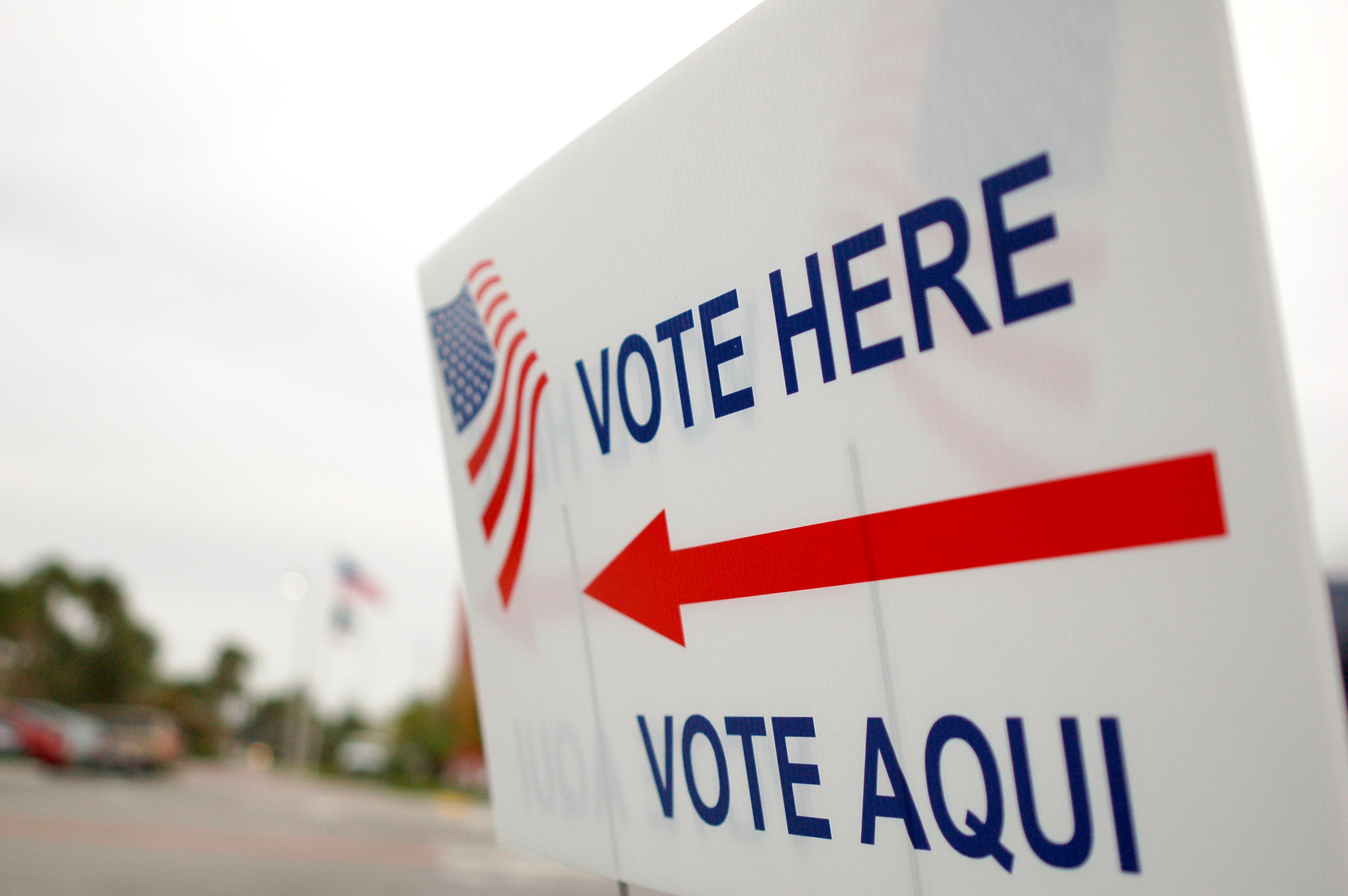Have you been agonizing over the best presidential candidate? Have you examined the tax releases, medical report, and voting record of each prospect as you decide which presidential hopeful will earn your vote? If so, brace yourself. Your vote in the presidential election carries very little weight. In New York, one is more likely to win the Powerball 7,400 times in a row than to determine the election with a single vote. Let me be clear: this is no reason to stay home from the polls. The opportunity to influence society with a vote, no matter how insignificant, is a privilege that should be exercised at every opportunity. However, as presidential campaign ads flood the airways, it is important to remember where our voice is really heard: the arcane world of local elections.
The dismal voter turnout rates in elections for state representatives and senators demonstrate a lack of understanding of the power these individuals hold over our everyday lives. Do you think your taxes are too high? Don’t tell the president. Tell the state congressman in your district. Are you passionate about the legalization of marijuana? You should be aware that this issue will be decided in your state legislature. In 2011, only 21% of eligible voters cast a ballot in local elections. Such low participation means not only that every vote counts, but that each vote carries a significant amount of weight. While statewide elections play a major role in our governance, county elections are just as significant. Small offices such as county commissioner and school board positions often have voter turnout rates in the single digits. These local officials are responsible for far more than organizing community picnic days. When you decide that you need a stop light at that terrible intersection or that the bus system at your child’s school is inefficient, these are the people to whom you will turn. City governments are charged with appropriating millions of dollars, levying numerous taxes (at rates of their choosing) and declaring zoning changes. This means that they hold the power to deny your building permit or tax you for a service you don’t want or need. Low voter turnout rates should be seen as an opportunity for one to exercise greater influence than is possible in highly publicized elections.
“These local officials are responsible for far more than organizing community picnic days. When you decide that you need a stop light at that terrible intersection or that the bus system at your child’s school is inefficient, these are the people to whom you will turn.”
Perhaps the greatest thing about locally elected offices is that the public servants who fill them are often very accessible. For this reason, voting in local elections should be given just as much consideration as casting a presidential ballot, if not more. Voicing a concern to public officials in Washington is a lengthy and daunting process that rarely yields results, especially when the petitioner is a single citizen competing against the likes of professional lobbying firms. On the other hand, you can and should form relationships with the local officials you elect. The Georgia House of Representatives is composed of 180 members, each serving a specific district. Likewise, the Georgia Senate is composed of fifty-six members dedicated to serving their constituents. When the time comes for you to voice a complaint or to propose a great plan, it’s going to be important to have a receptive audience. These politicians are very aware that each vote could make or break their election, so they are often eager to please those who take the time to seek them out. If you have a concern about a specific bill on the table or an idea that you would like to see become law, simply reach out to your local representative or senator, who will likely be happy to meet with you. Don’t count on such making a lunch date with the president with such ease.
Few citizens realize that when they pass up a chance to visit the polls, they are giving up the opportunity to vote on new laws or regulations directly. For example, Georgia voters in 2016 will decide if the state is allowed to intervene to save failing public schools. Other potential ballot measures include the establishment of independent school districts, recreational marijuana use, and regulations regarding the distribution of sales tax throughout the school system. This rare opportunity for direct legislative influence goes tragically ignored by the majority of the population. Many citizens are angered when they learn about new laws and ordinances after they have passed, but never realize that they had an opportunity to prevent these bills from passing. Are you ready to make your voice heard? The Georgia Primary elections on May 26 are a great place to start. So whether you are feeling the Bern or hoping that the Republicans Cruz to victory this November, take some time to invest in your direct interests by casting an informed vote in your next local election.
